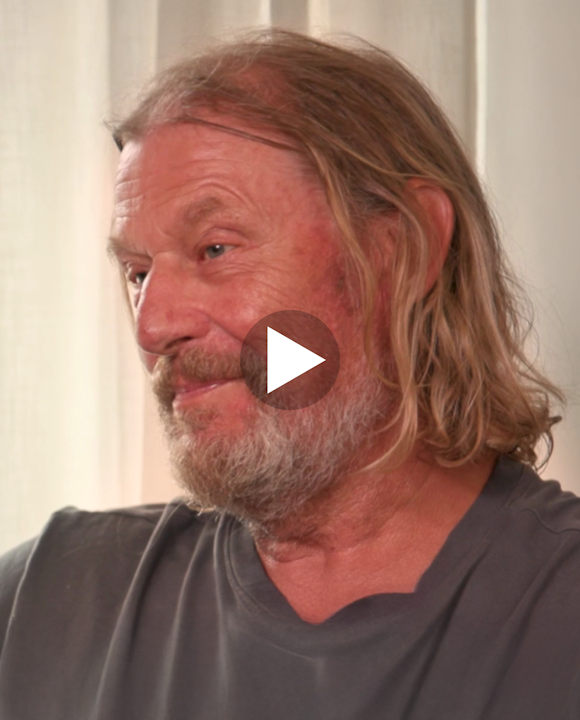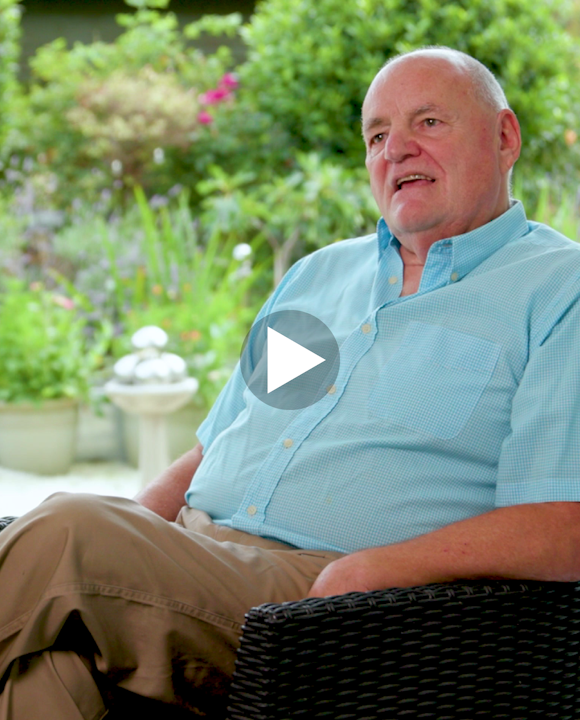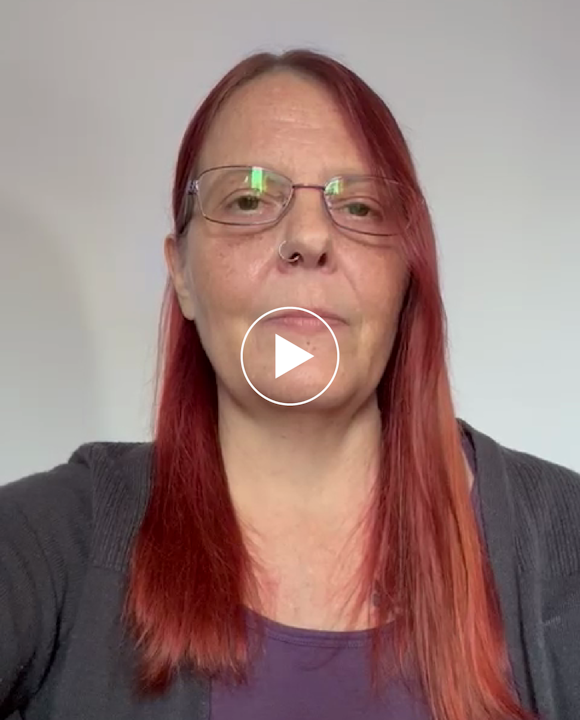Chemotherapy induced nausea and vomiting medical cannabis treatment
Chemotherapy induced nausea and vomiting (CINV) can have significant effects on a person's quality of life, and their ability to go about their daily routine, but it can also lead to nutritional depletion or anorexia, serious metabolic derangements, physical and psychological deterioration. When other traditional treatments are unsuccessful in managing CINV, medical cannabis treatments, or cannabis-based products, may be a suitable option.
¼
Of patients using medicinal cannabis experienced no vomiting and nausea with chemotherapy treatment in a phase 2 RCT.
24%
Of patients using cannabis-based treatments did not have to use rescue medications after a chemotherapy cycle.
4 out of 5
Patients experience chemotherapy-induced nausea and vomiting (CINV) when undergoing cancer treatment
320,000
People in the UK received cancer treatments between 2021 and 2022, which is 8,000 more than the year before
Symptoms
Dehydration
Feeling weak
Loss of appetite
Nausea
Vomiting
Chemotherapy induced nausea and vomiting usually presents within the first 24 hours of treatment, but can be delayed, so if you are experiencing these symptoms, please speak to your doctor.
Treatment options:
Unfortunately, chemotherapy induced nausea and vomiting is common when going through cancer treatment. There are a number of different techniques that can be used to manage CINV, and different medications that can be prescribed to alleviate its symptoms.
Aprepitant
Dexamethasone
Domperidone
Levomepromazine
Lorazepam
Metoclopramide
Nabilone
Find out if you may be eligible for medical cannabis Chemotherapy induced nausea and vomiting treatments here
Am I eligible?Join our growing community of over 150,000 people
Whether you’re new to cannabis-based medicines, switching from another medical cannabis clinic, or self-medicating, we’ll put you back in control of your health.
A word from our specialist
"Many patients find chemotherapy can cause nausea and vomiting as a side effect. Medical cannabis can reduce this side effect by interaction with the endocannabinoid system. As well as this medical cannabis can stimulate appetite and encourage a more normal diet intake for those on treatment. Medical cannabis can also relax patients and reduce the stress associated with cancer treatments."

Dr Sue Clenton
Oncology
Find out if you may be eligible for medical cannabis Chemotherapy induced nausea and vomiting treatments here
Am I eligible?Articles on Chemotherapy induced nausea and vomiting (cinv)
Can medical cannabis help with chemotherapy induced nausea and vomiting?
Chemotherapy induced nausea and vomiting is more likely to affect women younger than 50, those taking certain opioids or pain medications at the same time, or those who have a fluid or electrolyte imbalance, kidney disease, an infection, constipation, or a tumour in their liver, gastrointestinal tract or brain.
While the NHS are currently restricted by prescribing guidelines that only allow for the prescription of one type of cannabis-based medicine for the treatment of chemotherapy induced nausea and vomiting (a capsule medication called Nabilone), private medical cannabis clinics like Releaf can prescribe a range of different cannabis based products, such as oils and whole plant flower, to treat the same symptoms.
Cannabinoid use to treat vomiting and nausea therapeutically has been approved in the UK, but should always be done under supervision of a qualified healthcare professional, and is only considered once other conventional anti-emetics have proven unsuccessful.
The Australian Therapeutic Goods Administration state that for some patients high-dose THC products can be effective in managing, or curbing, nausea and vomiting associated with chemotherapy, and emerging research suggests that its cannabinoid counterpart, CBD, may also be able to relieve these symptoms by interacting with serotonin receptors, which is why we tailor treatments to the individual.
Once chemotherapy induced vomiting and nausea is under control, or significantly reduced, there is normally a big improvement in quality of life, which can benefit mental health, sleep and general wellbeing.

































